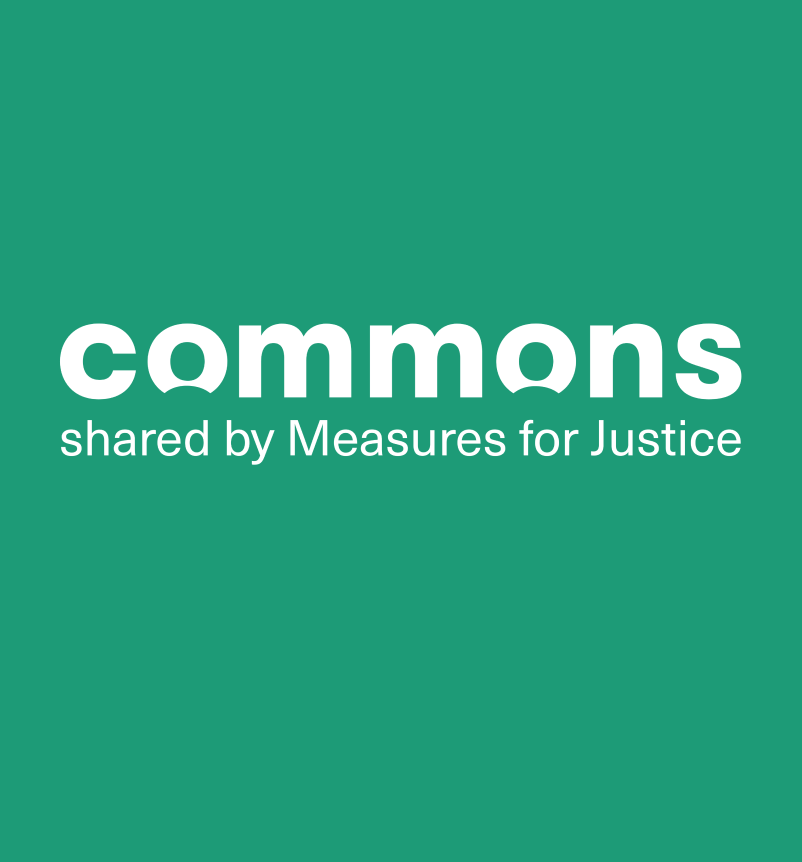(Woodland, CA) – August 9, 2019 – District Attorney Jeff Reisig, along with 42 other elected District Attorneys and Attorneys General from across the country, filed an amicus curiae brief on August 2, 2019, in federal court urging the United States Department of Justice to maintain well-established immigration court authority that gives deference to state and local decisions that affect immigration determinations. The brief is in response to Attorney General Barr’s call for feedback on a potential rule change that would give federal authorities unlimited ability to consider past convictions and sentences as grounds for deportation from the United States, even when those convictions are minor or deemed unjust and have been vacated or modified by local prosecutors or judges. Prosecutors argue that the proposed rule change would break with decades of precedent, thereby infringing on state sovereignty and impairing the ability of elected prosecutors to enforce their own criminal laws and exercise prosecutorial discretion in the interest of their own community’s safety. It would also put countless immigrants at new risk of deportation, including in cases where past convictions and sentences were revisited based on defects in the underlying cases.
“Prosecutors are ministers of justice charged with protecting their community and the integrity of the justice system by pursuing a fair result that promotes trust in the system,” said Miriam Krinsky, Executive Director of Fair and Just Prosecution. “Sometimes that duty includes revisiting old cases where incorrect, unjust or excessive sentences were imposed, and for immigrants, sometimes that means assessing whether penalties would inflict disproportionate harm on that individual, their family, and the community simply because of their immigration status. Any change to decades of immigration procedures and precedent would unduly limit the discretion of elected prosecutors and infringe on state and local rights.”
The brief brings together the voices of 43 elected prosecutors from around the nation – including Attorneys General from 7 states and 36 elected local prosecutors in urban and rural jurisdictions. In California, Santa Clara County District Jeff Rosen and San Francisco District Attorney George Gascon joined Reisig in signing the brief.
To explain the importance of the current scheme, Eric Gonzalez, District Attorney for Kings County (Brooklyn, New York) offered the example of a burglary conviction vacated following an investigation by his Conviction Review Unit, in which they found that the defendant, a green card holder who would have faced deportation for the offense, was falsely accused of a crime which never occurred. Underscoring the importance of recognizing these decisions, District Attorney Gonzalez said, “It would have been absurd for the federal government to ignore this post-conviction finding and deport the man anyway and would be equally unjust to ignore countless other discretionary decisions regarding old convictions and sentences made in state courts.”
Rose Cahn, a nationally recognized expert in the field of immigration post-conviction relief who oversees the Immigrant Post-Conviction Relief Project in San Francisco, praised District Attorneys Reisig, Rosen and Gascon for being leaders in California on this issue. “Local prosecutors are best suited to determine public safety issues in their communities. When we discussed what was at stake regarding the direction Attorney General Barr was heading and how it would infringe on the local discretion of prosecutors, District Attorneys Reisig, Rosen and Gascon immediately answered the call to action.”
“It’s critical that local prosecutors have the discretion to properly address cases where individuals face deportation for convictions that are deemed invalid,” said Reisig. “The community, particularly victims and witnesses who otherwise might be unwilling to come forward and cooperate, must trust the justice system. How else will we be able to protect the public?”
Read the brief here, and for a full list of the 43 signatories see below.
###

